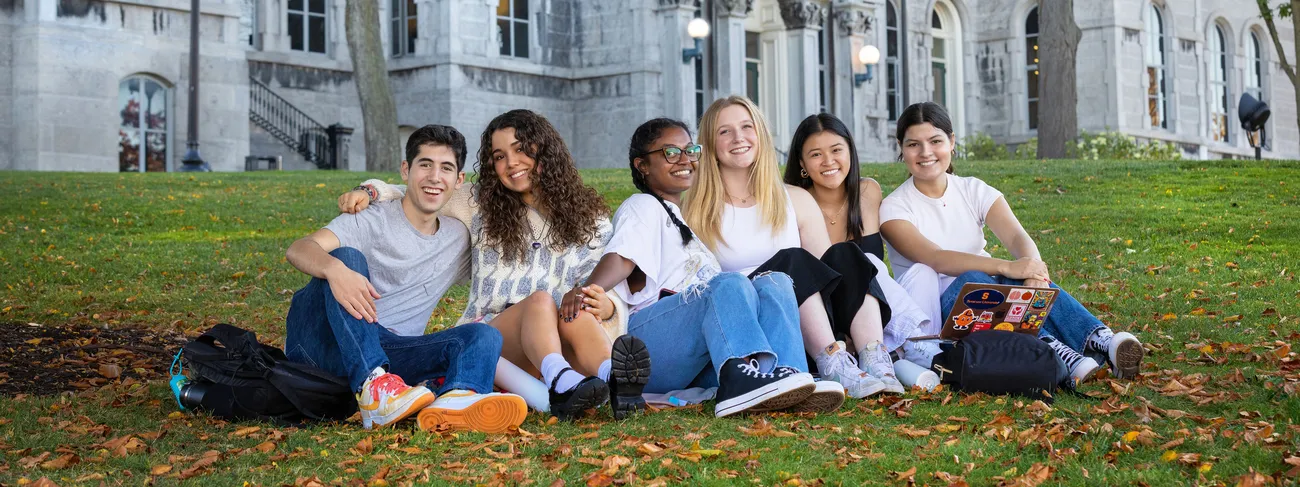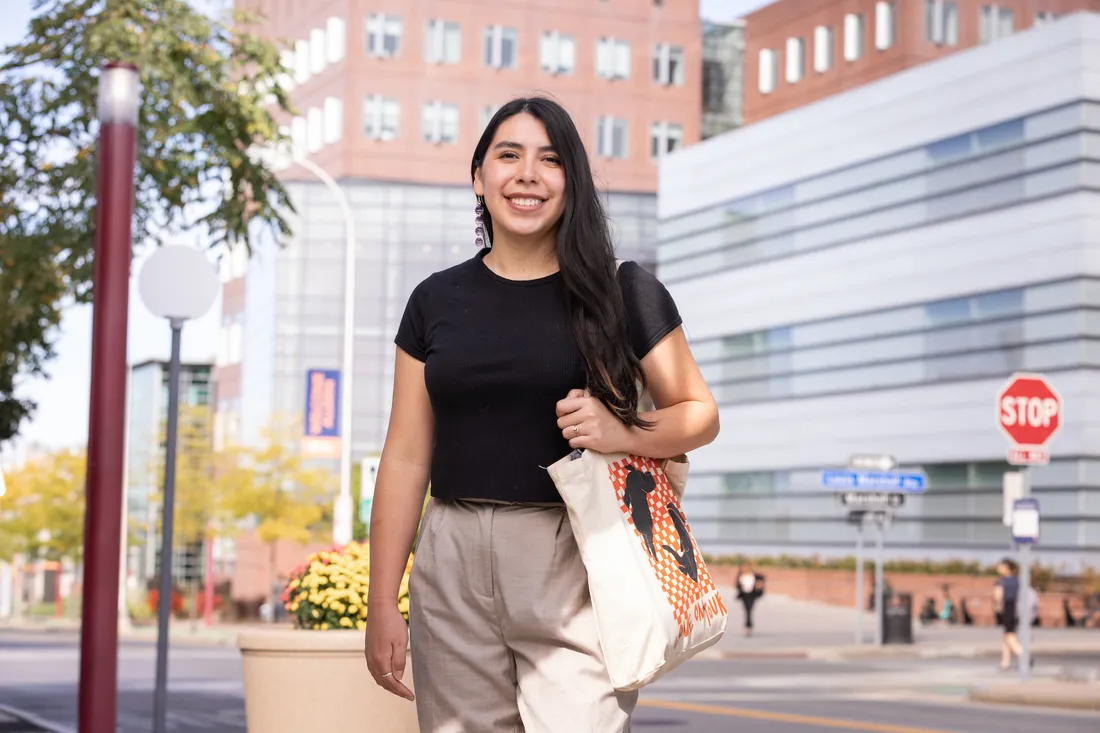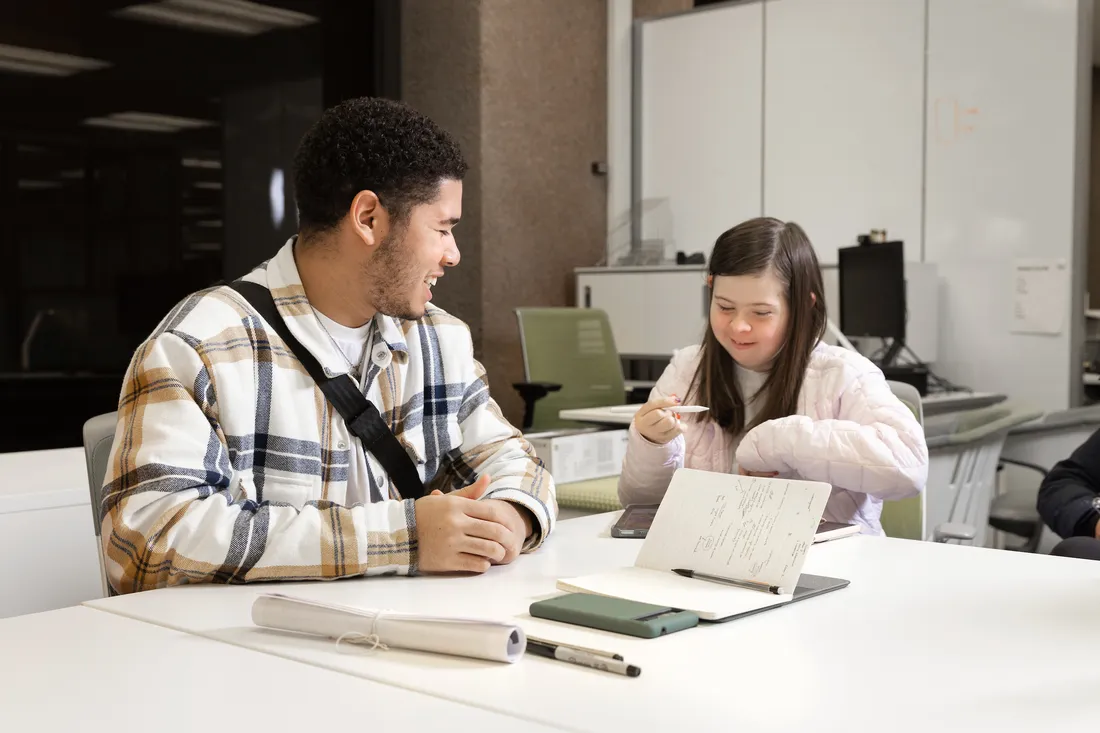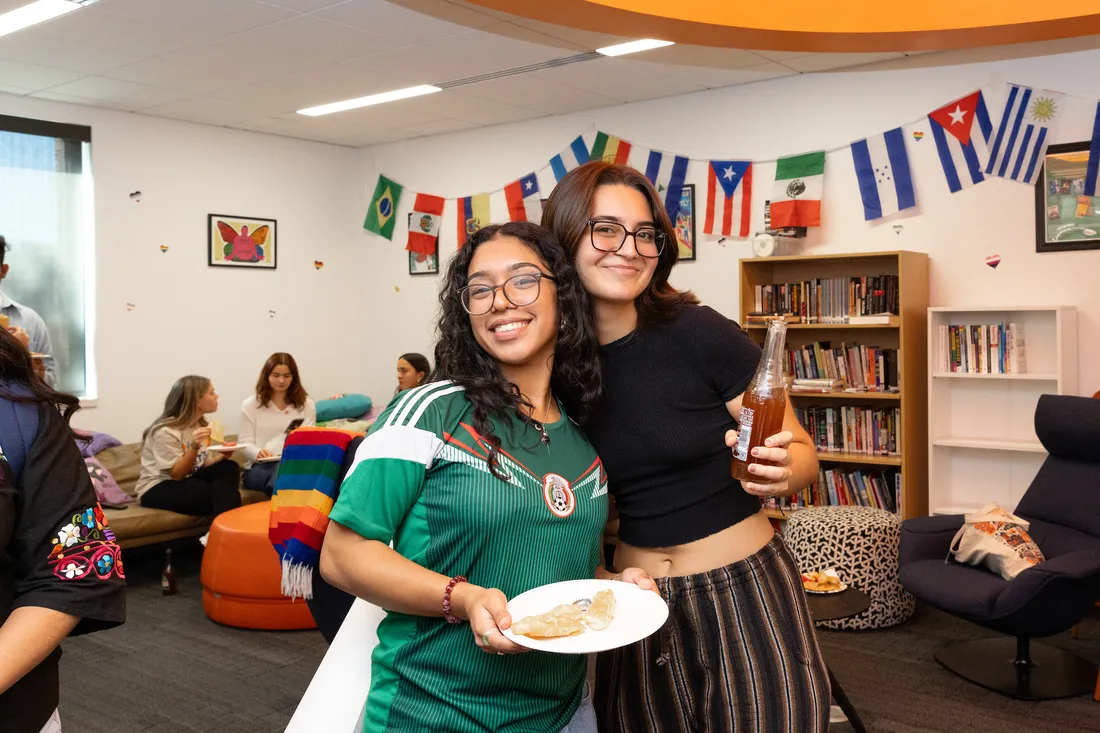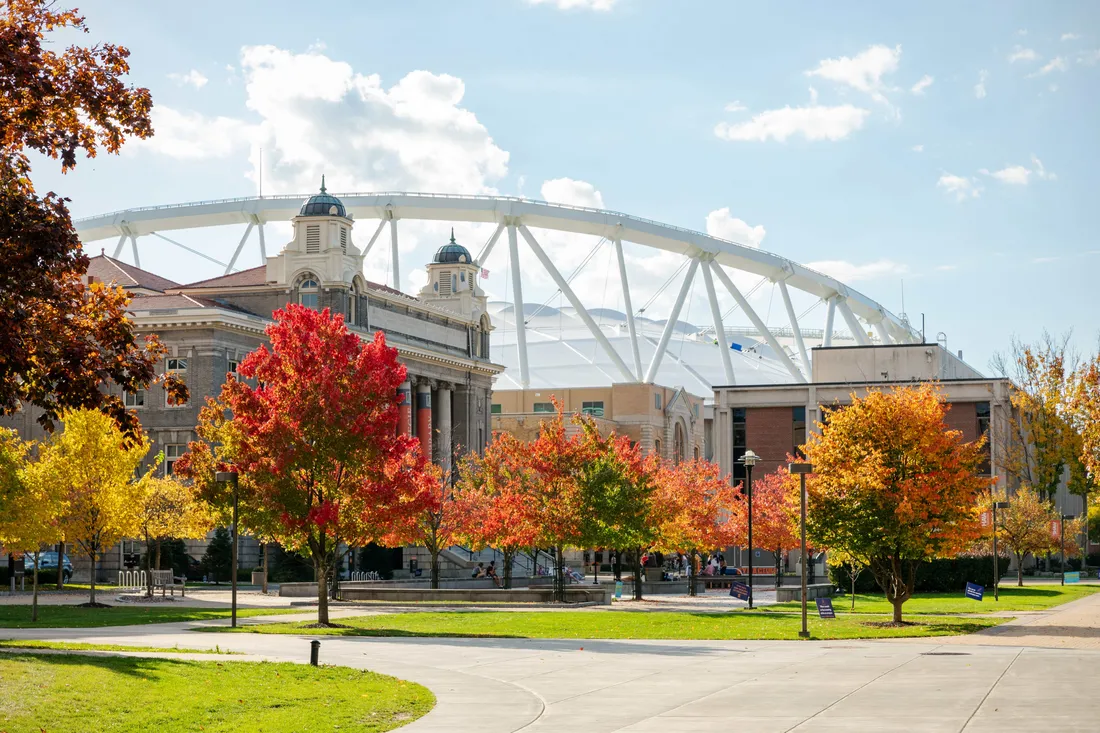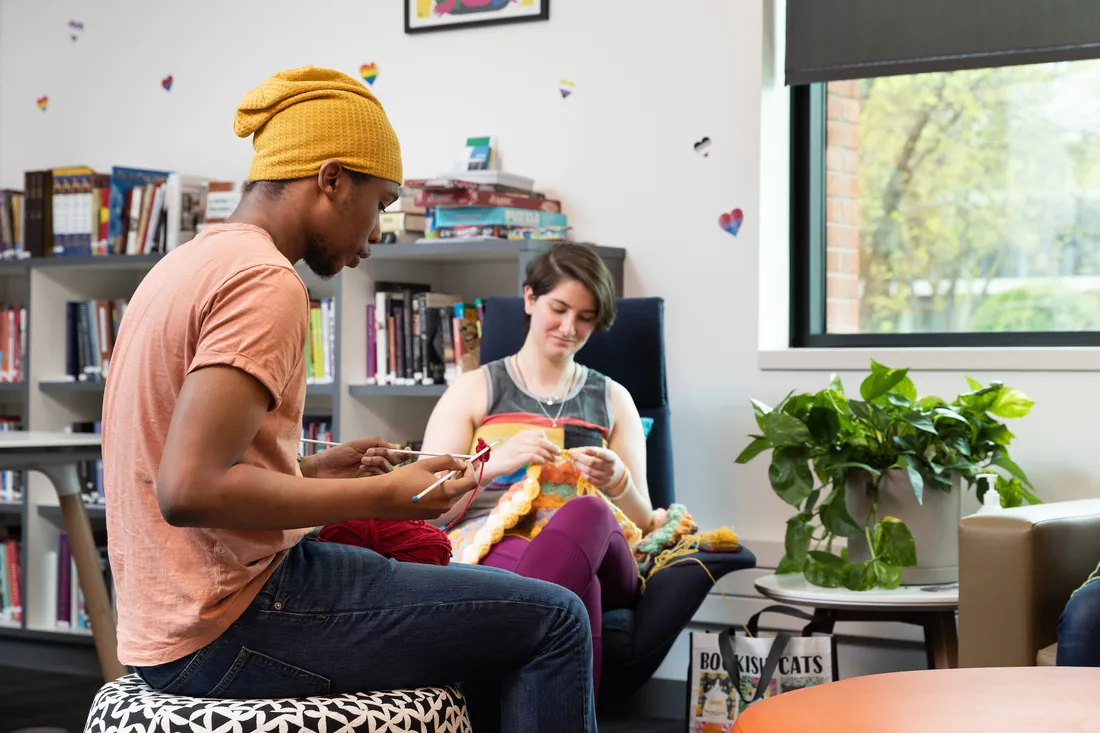Fostering a Supportive Community at Syracuse University
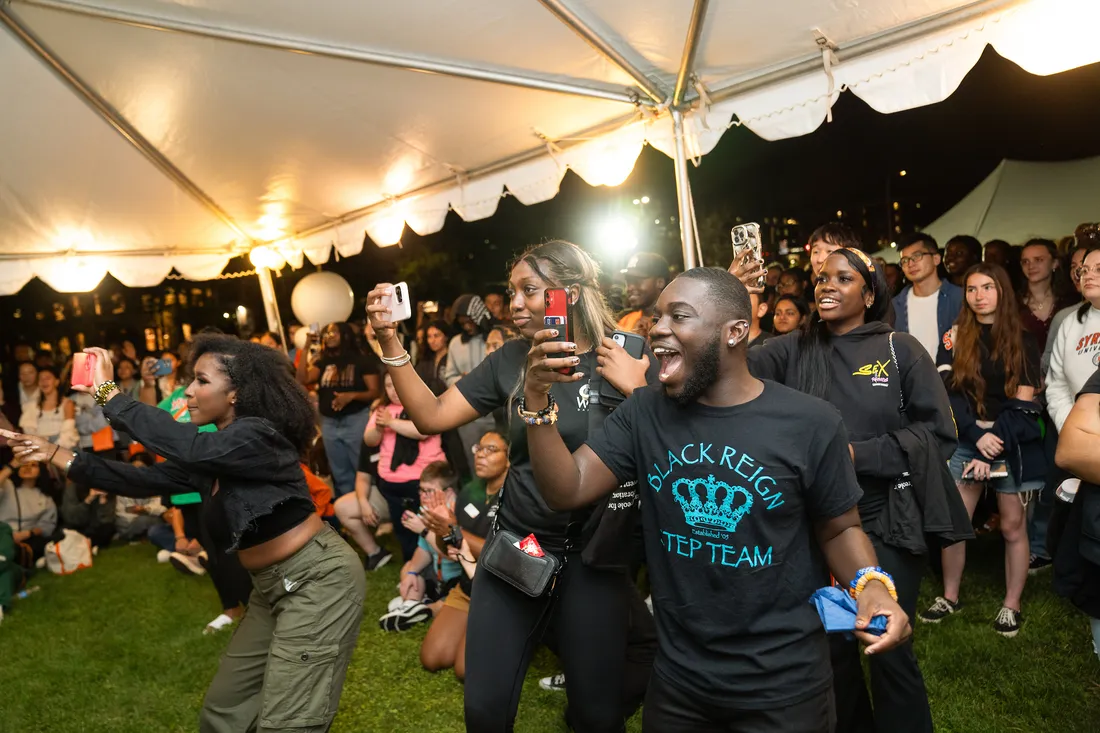
Syracuse University is fully committed to fostering a diverse, inclusive and respectful campus community. In the classroom and across campus, our commitment to diversity and inclusion is rooted in the belief that multiple points of view, life experiences, and backgrounds are essential to academic excellence.

